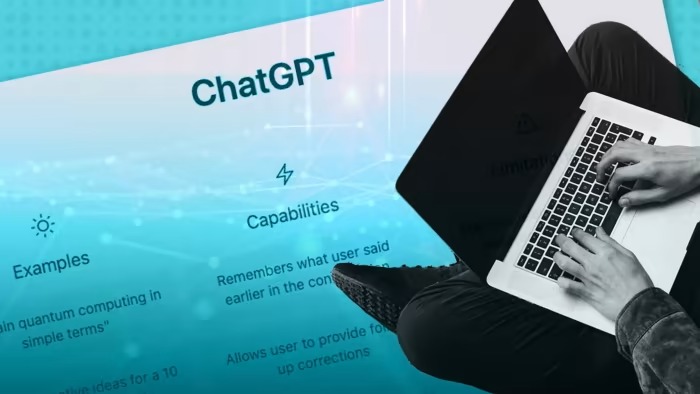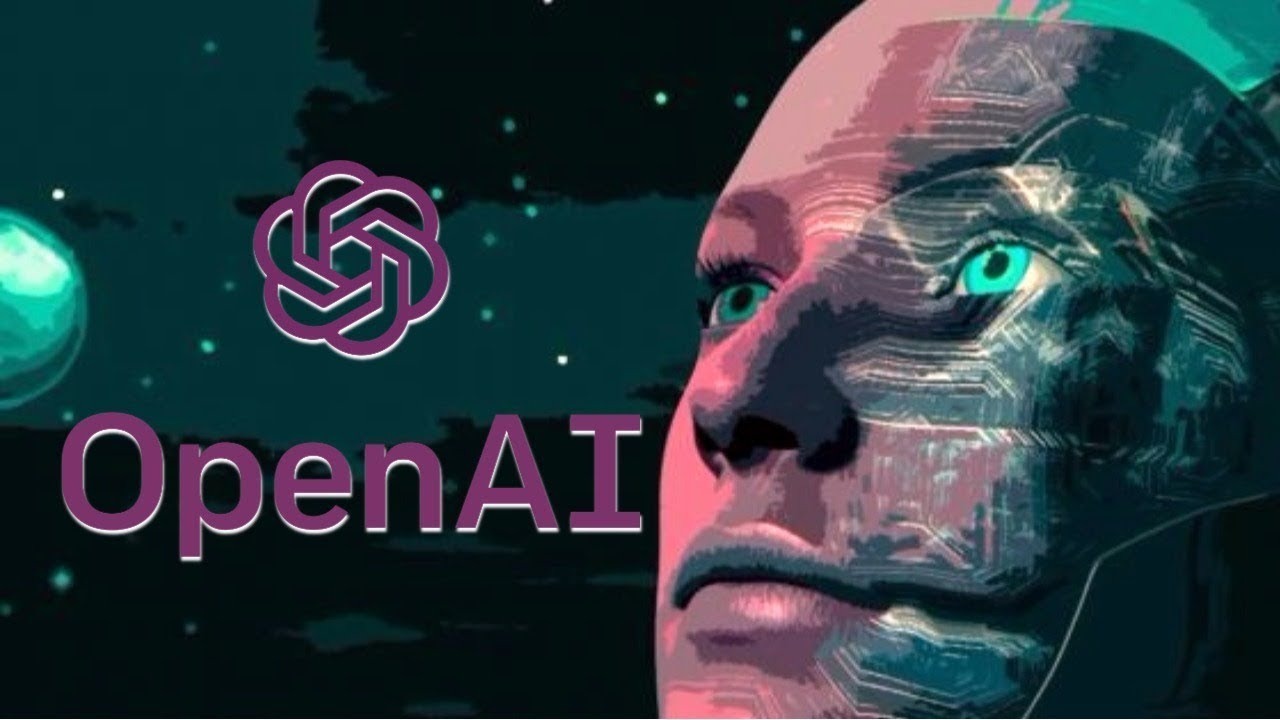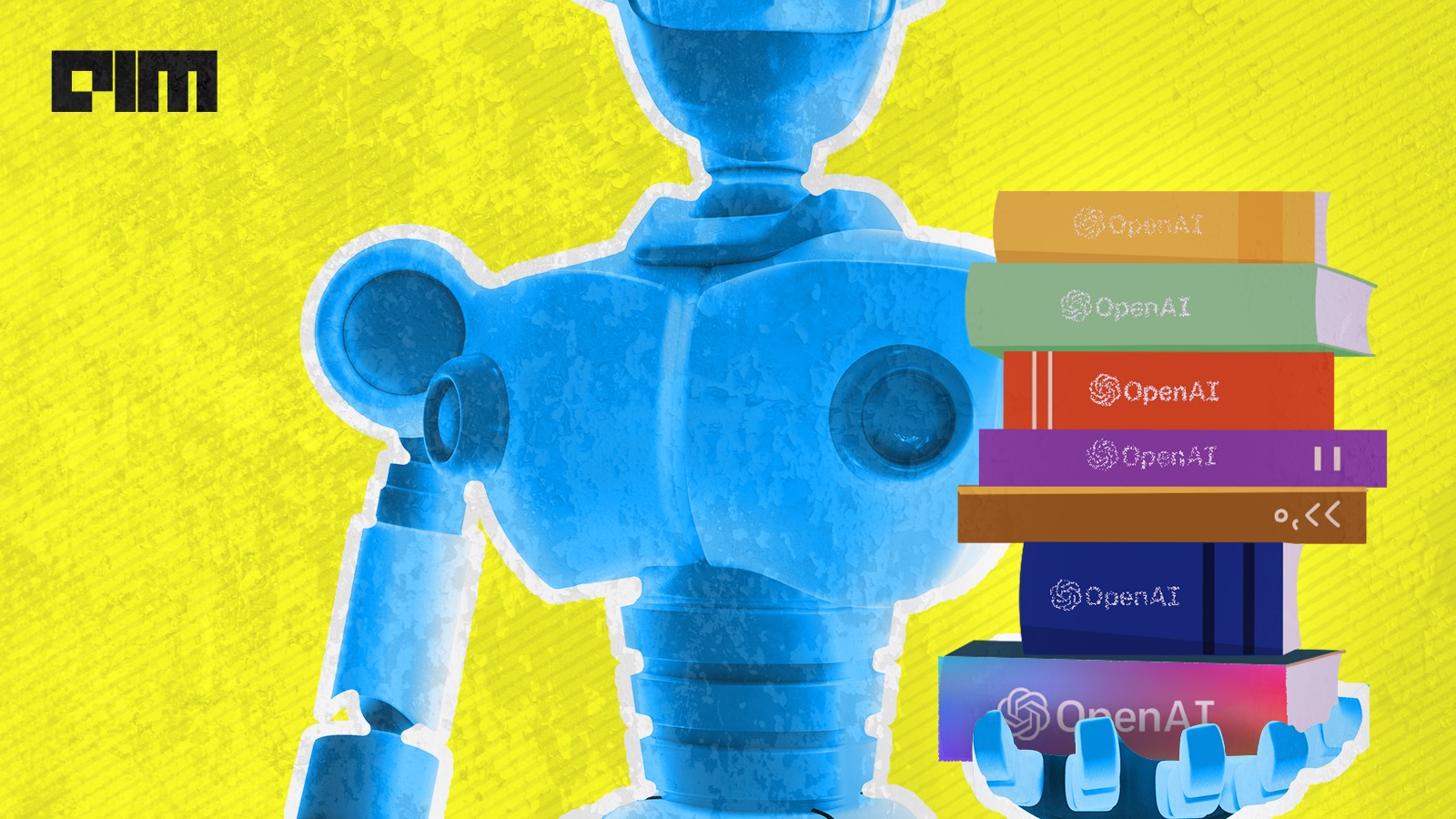Artificial intelligence is becoming the ‘new favorite’ of venture funds: The investment ‘whirlwind’ has begun!
- Tram Ho
In recent times, the development of complex computer programs that can write scripts and create art in seconds has taken leaps and bounds. The growing hype surrounding so-called “next-generation AI” projects has spurred investor interest, creating a rare bright spot in a startup-dominated landscape. value decline and job cuts.
OpenAI, a San Francisco-based company with Microsoft as the largest sponsor, released the latest version of its GPT-3.5 software to the public last week. Called ChatGPT, it can chat with users via text, answer vague questions, even admit mistakes and deny inappropriate requests.
In just five days, ChatGPT surpassed 1 million users and was hailed by billionaire Elon Musk, one of the co-founders of OpenAI even though he left the company’s board in 2018. He wrote on Twitter that : “ChatGPT is scary good. We are not far from the day when AI is dangerously powerful.”

ChatGPT is driving the tech community crazy these days.
With that, the freedom to tinker with such a powerful AI has sparked new startup ideas for countless investors and entrepreneurs.
Ed Stacey, managing partner at IQ Capital, said: “Any organization can take these and start training them, growing with them and seeing what they can create. aside and see if it doesn’t make any sense.”
As examples of AI-generated images and text flood the social media accounts of Silicon Valley investors, amid the recent crypto market crash and the start of more Concerned about the so-called “Web3” (a decentralized internet technology built on blockchain), interest gradually fell more towards artificial intelligence.
“There’s a huge hype cycle here,” said Colin Treseler, co-founder of Supernormal, which uses AI to summarize online meetings. “The Web3 hype is over and these people need somewhere else to go.”
According to data from PitchBook, venture capital investment in artificial intelligence has grown 425% since 2020 to $2.1 billion this year, even as the overall tech market is in decline.
An AI entrepreneur said that after discussing the possibility of raising capital with just three investors, he received countless offers from more than 20 others. Thanks to that, the necessary capital was secured after only one week of meeting everyone “like a storm”.
Two prominent mid-October deals also marked the start of some of the wildest funding rounds, seeing investments made by major funds like Coatue Management and Lightspeed Venture Partners.
Jasper, who describes himself as an “AI copywriter” for marketers, has raised $125 million at a $1.5 billion valuation. Meanwhile, one of the companies behind the artificial-intelligence image builder Stable Diffusion, has raised $101 million, in a move that has earned it “unicorn” status — i.e., unicorn status. valued at $1 billion. This week, another Stable Diffusion developer, Runway, also raised $50 million.
When Cristóbal Valenzuela co-founded Runway four years ago, investors told him: “Innovative AI is not a good project.”
“Back then, people thought we were a bit crazy,” he said, adding that investors now say the technology can “bring the transformation that mobile communication was 20 years ago.” .
“One of the things that has changed recently is that the quality of the models has become really good. Innovative AI is no longer the idea of the future, it is already here,” Valenzuela added.

Investment funds are pouring money into potential AI projects.
ChatGPT and OpenAI’s other innovative AI systems such as DALL-E, along with rival graphics engines such as Stable Diffusion and Midjourney, are examples of the use of large, double language and visual models. when called the platform model or generalized AI, to create content based on previous sequences of words or images.
This past September, partners at venture capital firm Sequoia Capital co-wrote an investment thesis using GPT-3 software, saying that AI should be able to generate better final drafts of text than can be expected. average human, or write code on a commercial scale, or create graphical drafts of games in the next two years.
“Innovative AI is on its way to becoming not only faster and cheaper, but in some cases even better than what humans create by hand,” the Sequoia analysis concludes.
The company invested in Hugging Face earlier in May in a Series C round, valuing the startup. This is the company that owns the big language model Bloom, which has been valued at $2 billion.
According to research by PitchBook, the global market for AI-enhanced content solutions will reach $2.3 billion this year and is forecast to grow 17% overall through 2025. But the report also added that “the technology may not generate high revenue in the short term as industries oppose AI solutions, while the technology still has to mature.”
Due to the high cost of running programs and storing the huge amounts of data that AI programs learn, large language models have traditionally belonged to tech giants like Microsoft, Google, and Facebook. But OpenAI made its technology available through an application programming interface, allowing any company to have access to its features.

OpenAI is currently the brightest name in the field of innovative AI research.
Founded in 2015, OpenAI was founded as a non-profit organization built on the principles of making AI and technology development accessible to everyone safely. It’s also the brainchild of some of the most radical thinkers in the tech world, including Elon Musk and Peter Thiel.
In 2019, it became a for-profit business, shortly after receiving a $1 billion deal from Microsoft that included using its Azure cloud computing platform to conduct tests. experience. Under the agreement, Microsoft will have the first opportunity to commercialize the initial results from OpenAI’s research.
Microsoft’s focus on OpenAI is part of an effort to regain an edge in AI after rival Google invested heavily in using the technology for search and speech, and acquired AI company DeepMind. based in London for around £400 million in 2014.
“One of the great historical advantages that corporations have has been access to large data sets, typically exclusivity,” says IQ Capital’s Stacey, which has been able to use data sets. this data to train larger, larger, and larger models.
According to Sam Altman, CEO of OpenAI, on average, the cost of running ChatGPT is estimated to be just a few cents per conversation. When asked on Twitter if the tool will be free forever, he replied: “We will have to monetize it at some point; and the computational cost of such a tool is very high.
ChatGPT has become so popular in recent days that the platform has limited the number of people that can use it. OpenAI is in the process of raising more capital from investors, according to The Information, and CEO Altman tweeted this week that it is looking to hire more staff.
Meanwhile, Bloc Ventures, a UK-based technology venture capital firm, has focused on investing in technologies that enable high levels of cloud usage to reduce costs and energy consumption of creative artificial intelligence.
David Leftley of Bloc Ventures said: “We are in a world where companies are chasing net zero [in terms of carbon emissions] and the luxury of having chatbots with which we can talk through the internet. via AI is igniting a hole through the earth in a data center.”

By constantly learning, AI will become more and more powerful.
Runway, the New York-based company, is taking a more ambitious and costly approach, taking both basic AI research to build models and turning it into a suite of tools. collaboration and visualization tools. The product is now used by companies including Publicis, Google, and CBS.
“There are a lot of companies that build on existing APIs [but] our long-term bet is that you need to own your technology, to allow you to make changes faster and easier if needed.” Runway co-founder Valenzuela said.
He asserts that AI startups like Runway can surpass Big Tech companies: “This field is growing extremely fast. The speed of learning really matters. It’s how you adapt and how you change.”
By making ChatGPT available to the public, OpenAI can gather more data to train its large language models and fix its own errors.
For example, there is a significant limitation of similar AI technology and tools, known as “hallucination”, where the program gives a convincing answer but is in fact incorrect and struggles with simple maths. One example posted on Twitter said ChatGPT falsely claimed that politicians Angela Merkel and Gerhard Schröder belong to the same political party.
“The potential for spreading misinformation is huge,” said Carissa Véliz, an associate professor at the University of Oxford’s Institute of Ethics and AI. “If you ask it to create a Covid conspiracy theory, it can make a really convincing story.”
OpenAI itself admits that GPT “sometimes writes down answers that sound reasonable but are inaccurate or meaningless”. This leads many to believe that this technology requires human intervention before being embedded in businesses.
“There are a lot of questions around the commercial viability of these models and capabilities,” said Lisa Weaver-Lambert, head of private equity, data and AI at Microsoft. She said that AI in general is still in the “testing phase”.
The expert added: “If I want to invest in this space, I will think through, what are the specific business problems that really exist that people are solving and whether AI can come up with a solution. faster, cheaper method to achieve the same thing?”
Refer to Financial Times, Sina
Source : Genk
